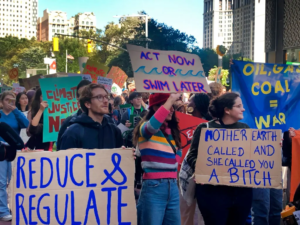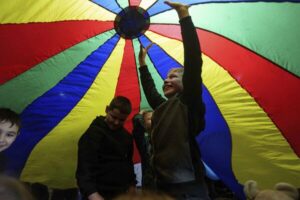OUAGADOUGOU (Reuters) – Thirteen civilians have been killed in ethnic violence in central Burkina Faso, the government said on Wednesday, echoing a rise in inter-communal conflicts in neighboring Mali linked to Islamist violence.
Burkina has seen a spike in Islamist attacks in recent months as jihadists seek to increase their influence across the Sahel. On Dec. 31, the government declared a state of emergency in several northern provinces bordering Mali.
Attacks this week show how that violence may be fuelling ethnic clashes for the first time in Burkina.
After nightfall on Dec. 31, armed men on motorbikes descended on the village of Yirgou, made up largely of people of Mossi ethnicity, and killed six people, including the village chief, government spokesman Jean Paul Badoun said.
The following day, Badoun said, Yirgou residents killed seven Fulani herders in apparent retaliation. The residents blamed the herders for sheltering the men who attacked them the day before.
The ethnic violence echoes problems seen in neighboring Mali where Fulani have been accused of hiding Islamists who have carried out attacks across the region in recent years. Armed men killed 37 Fulani civilians there on Tuesday.
Ten gendarmes were shot dead near the Malian border last week in an attack claimed by Jama’at Nasr al-Islam wa al-Muslimin (JNIM), an umbrella group for al Qaeda-linked militants in the Sahara.
JNIM claimed responsibility for other attacks this year, including one in the capital Ouagadougou in March that killed about eight security agents and wounded dozens of others.
Thousands of people have fled their homes due to the attacks and reprisals by security forces.




